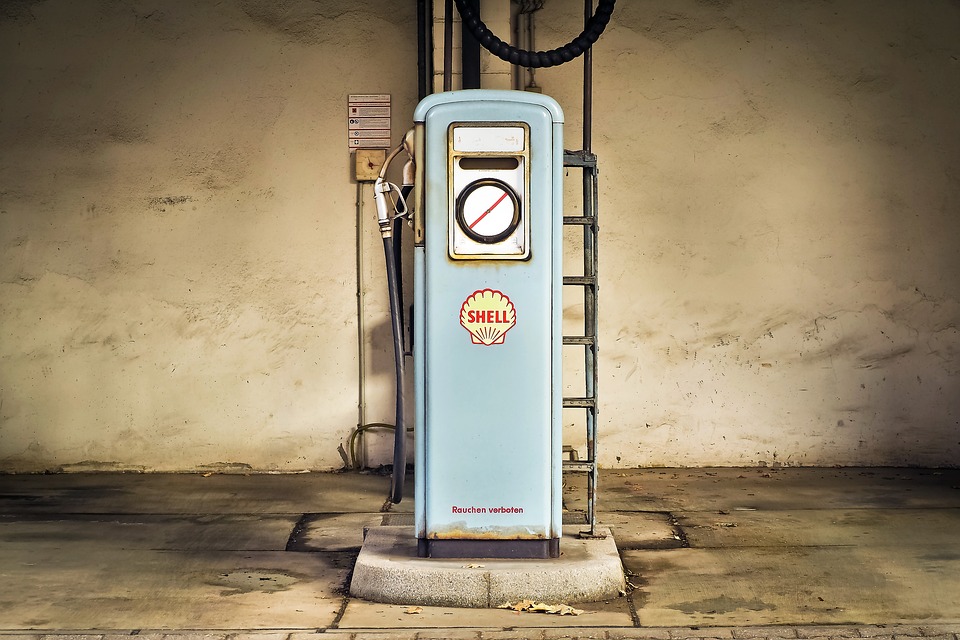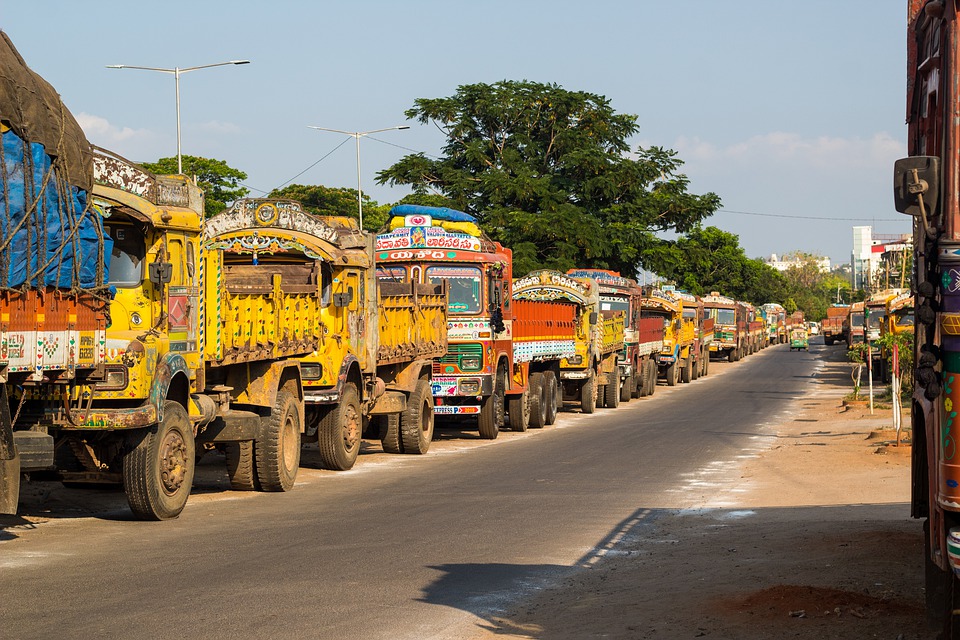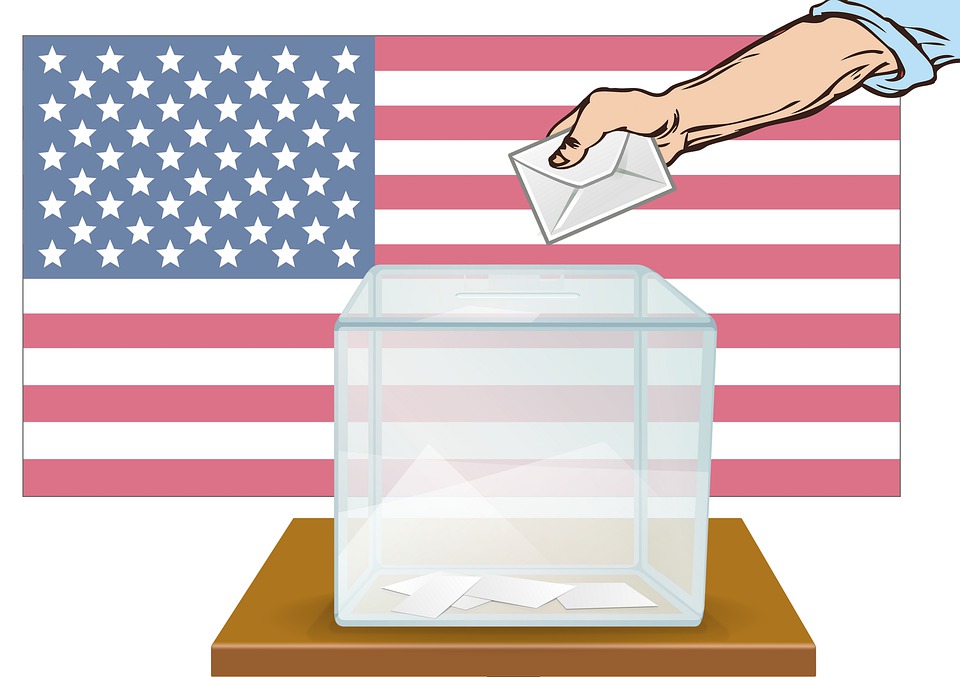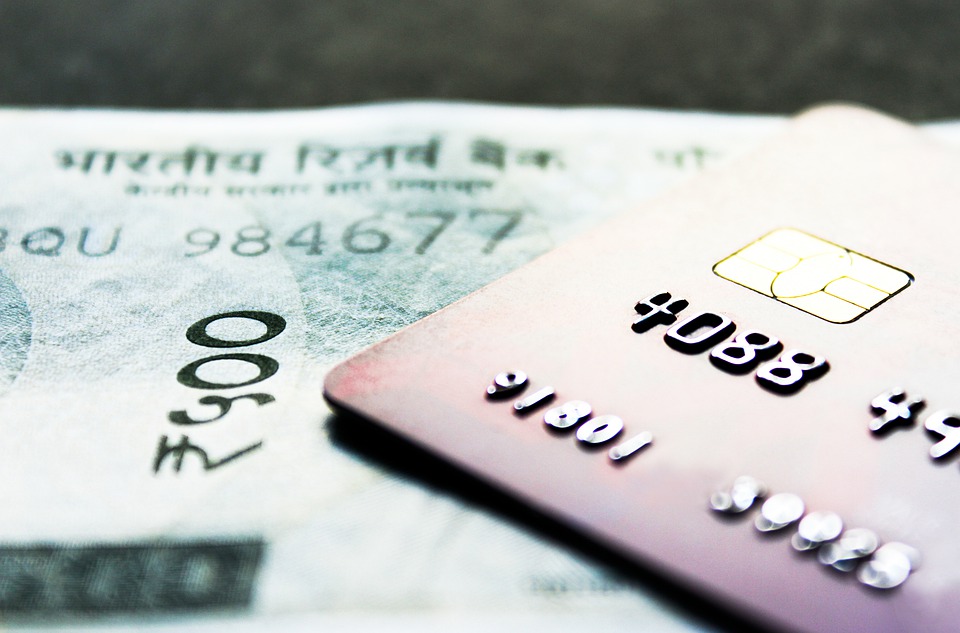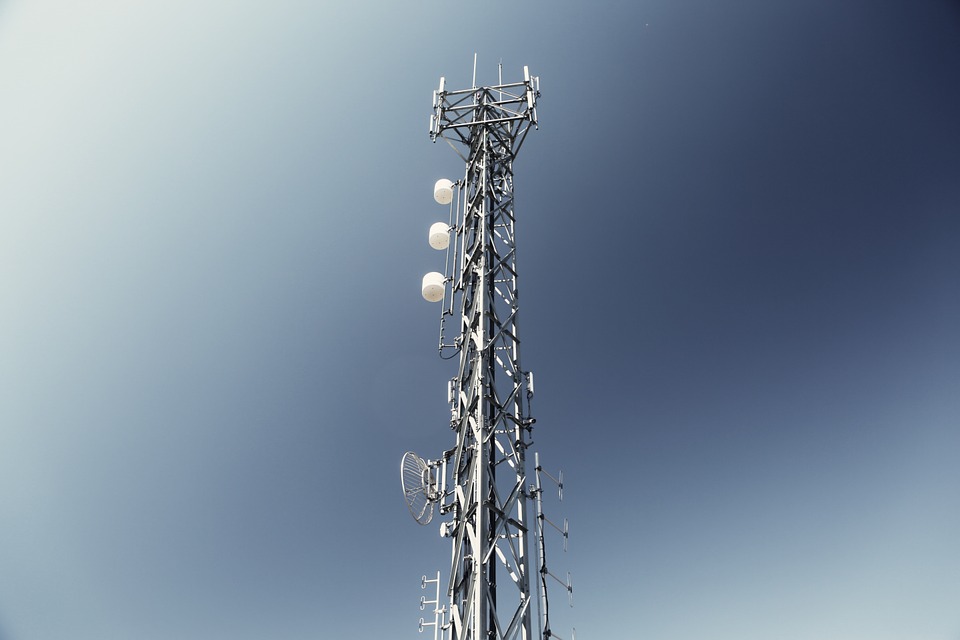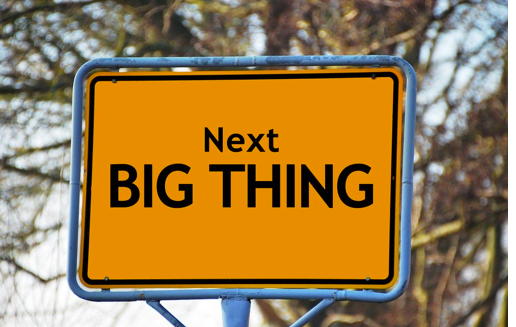Improve Your IQ, Subscribe to Suvipra’s Newsletter
1. The Protests
Hong Kong is known as an economic and financial powerhouse of Asia. In fact, the passenger and cargo traffic in the city is one of the highest in the world. This means that the city with total population of less than 10 million remains very important to the global economy with its participation in cross-border trade and commerce. But lately, Hong Kong has been in news for all the wrong reasons. A Google search with words Hong Kong comes up with the latest happenings, at the core of which is huge disappointment of the natives of the city with the city’s administration.
Hong Kongers waged an unprecedented protest recently against a bill (The Fugitive Offenders and Mutual Legal Assistance in Criminal Matters Legislation (Amendment) Bill 2019, popularly known as Extradition Bill) that was to be passed by their own legislators. International journalists have reported the June 2019 protest as the most significant one in the history of Hong Kong, with millions of protestors flooding the roads leading to legislative assembly of Hong Kong.
2. Understanding the history of Hong Kong to understand the reasons behind the protests
Let’s first understand ‘what Hong Kong is?’ No, it is not a country. It can be best termed as a city-state. Yes, prior to 1997, the city was under the British administration which obtained this control by negotiating multiple treaties with the then imperial government of China. For more than a century, and what can be termed as a defining period for the city, Hong Kongers lived not as how the people of China lived. This means that while mainland Chinese did not enjoy any democratic or liberal rights and lived under the one-party communist government, the people of Hong Kong had the right to elect their representatives to the government.
That said, let’s know what changed when China took over the control from Britain in 1997. We all know that in China – unlike India, the United States, the United Kingdom and many other democratic countries where the citizens have the right to vote in elections to elect their representatives – people have no say in elections. The Communist Party of China is the only political party at the national level and there is no direct election to elect the head of this party, who serves as the President of China. For Hong Kong, this was a shock. The city that lived liberally was not used to strict controls as they are imposed by the government in China. In fact, Google, Facebook and many other famous websites are totally banned in mainland China. Still, China gave Hong Kong some freedom and implemented the ‘one country, two systems’ rule for Hong Kong from 1997. Hong Kong is a ‘special autonomous region’ (SAR) with some liberties for people that are not enjoyed by those in mainland China.
The present protests in Hong Kong can be said to be the culmination of all this. Since 1997, although China has promised some form of democracy and liberty to Hong Kongers, slowly and steadily all freedoms are being eroded. The local Hong Kong government has many pro-Chinese figures that do not care about the democratic rights of Hong Kongers.
3. The Bill and the concerns of the Hong Kong people
The reason of protests is the bill, that was to be passed by the Hong Kong legislators and which, if passed, would have allowed extradition of Hong Kongers to Taiwan, Mainland China and Macau, which are currently excluded in the existing laws. This would subsequently subject the Hong Kong people to China’s regressive legal system that has enough provisions to curb any dissent, especially one that is targeted against the ruling communist party of China.
This infuriated the people of Hong Kong who considered this as a violation of their rights and stoked fear among people about how the biased Chinese law and justice machinery could undermine them along with the region’s autonomy.
People protested against the bill and on 9 June 2019, millions of people gathered to demonstrate their frustration. Until this time, the protests were mostly peaceful. However, as time passed and the Hong Kong government remained adamant to pass the so-called extradition bill, protesters grew more and more frustrated. This eventually resulted in a number of violent protests involving the damage of public infrastructure and even the metro rail services. Protesters demanded an inquiry into police brutality against them, resignation of pro-China Hong Kong leader Carrie Lam and release of detained protesters among other things as the only way to peace. Although the demands haven’t been met by the administration, it is also important to realise that underneath the protests rests a larger call of ‘Free Hong Kong’ as can be seen on most of the placards carried by protesters. (The Chief Executive of the Hong Kong Special Administrative Region of the People’s Republic of China is the representative of the Hong Kong Special Administrative Region and head of the Government of Hong Kong).
4. The Outcome
For now, the bill has been recalled by the administration. However, intermittent protests are still erupting against the anti-democratic policies of China in Hong Kong. Until now, China has not resorted to using force against the protestors; the Hong Kong police, however, is indulging in some confrontation with the protesters.
The bill may have been suspended, greater concerns remain. Also, the limited autonomy that Hong Kong is enjoying is to last only until 2047 as per the Hong Kong Handover agreement. Only time will tell what happens next.
Also read from this blogger: Knowing the Supreme Law of The Land – India’s Constitution
Suvipra aggregates essential blogs in one place for enhancing general awareness and intellect of the readers. Read to Succeed.
Reach a wider audience for free!
To get your blog published on Suvipra.com, click Submit Your Blog
Increase the number of clicks to your own website for free!
To submit the link to the blog on your website, click Submit your Blog Link











